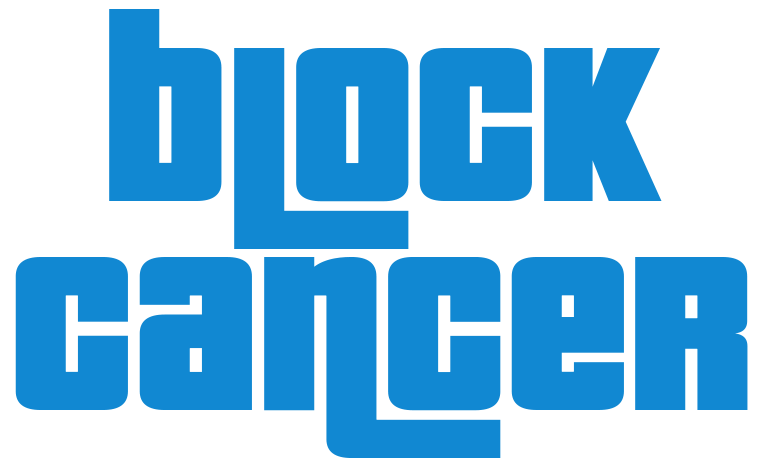DR. PETER YU
summary of research
Pancreatic cancer is one of the deadliest cancers. Current treatment involves using 2-3 chemotherapy drugs together. These combinations have caused modest improvement in patient survival. One of the most remarkable aspects of pancreatic cancers is their ability to adapt their metabolism. Pancreatic cancers are able to grow even with low levels of nutrients and oxygen. Chemotherapy is known to alter cancer metabolism, but this has not been studied thoroughly with the current drugs used in pancreatic cancer. My hypothesis is that pancreatic cancer can grow in spite of combination chemotherapies by changing their metabolic pathways.
My initial studies showed that there are changes in nutrient breakdown products in response to single- drug chemotherapy. I will first use pancreatic cancer cell lines to test combination chemotherapies and measure their metabolic responses to treatment. Then I will target those altered metabolic pathways to learn whether these metabolic changes are ways that pancreatic cancer cells are resisting chemotherapy treatment. This may improve our current treatments by specifically targeting a key escape pathway that is hindering the effectiveness of current chemotherapy treatment. Finally, I will examine blood from patients who are undergoing chemotherapy to find out if the metabolic changes I am seeing in the laboratory are also seen in patients. If so, I will be able to discover new markers of response to treatment.
Dr. Peter Yu is a fellow in medical oncology on the ABIM Research Track at New York University (NYU) Grossman School of Medicine in Manhattan, NY. He received a BA in Psychology from Northwestern University and a MD from the Ohio State University College of Medicine. During medical school, he dedicated two additional years for research training, co-mentored by Dr. Denis Guttridge and Dr. Raphael Pollock. He was a Pelotonia Fellow and recipient of an Alpha Omega Alpha Carolyn L Kuckein Research Fellowship, and investigated the role of microRNAs in the biology of sarcomas. He completed residency in Internal Medicine at Case Western Reserve University/University Hospitals Cleveland Medical Center. As a Research Track Fellow at NYU, he is mentored by Dr. Alec Kimmelman and is currently investigating the molecular mechanisms of metabolic chemoresistance in pancreatic cancer.

